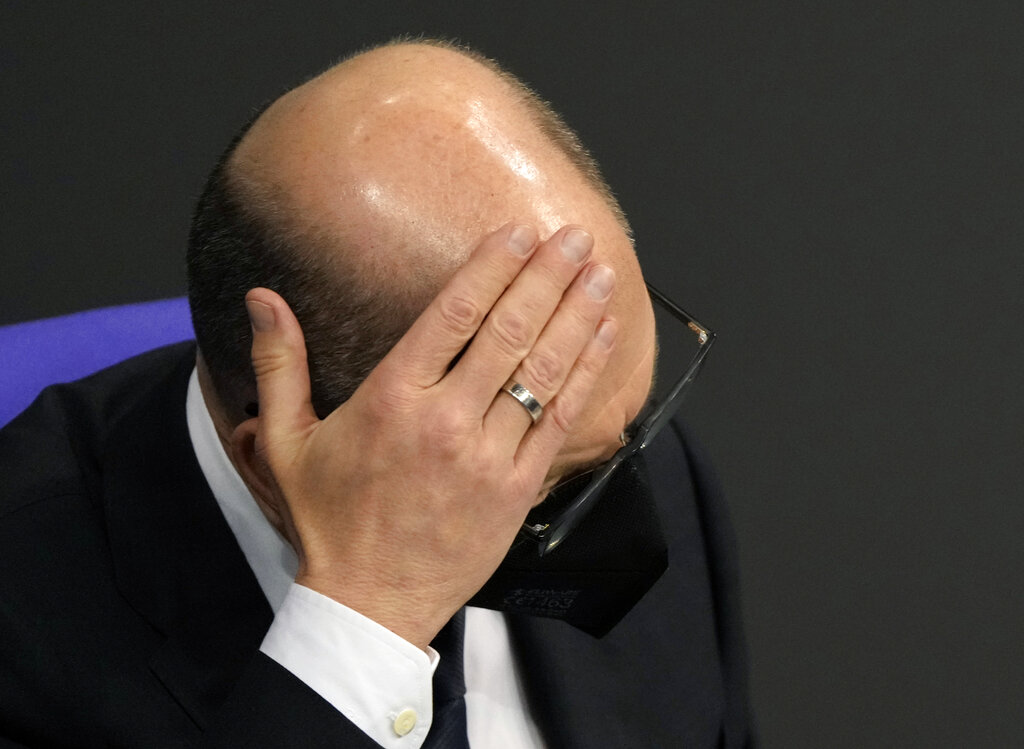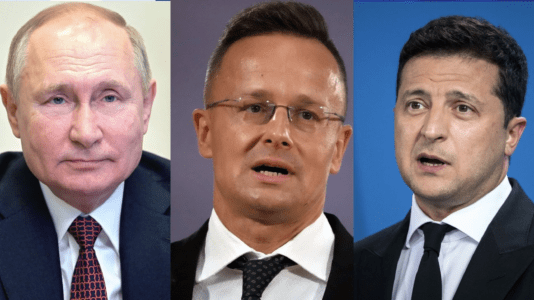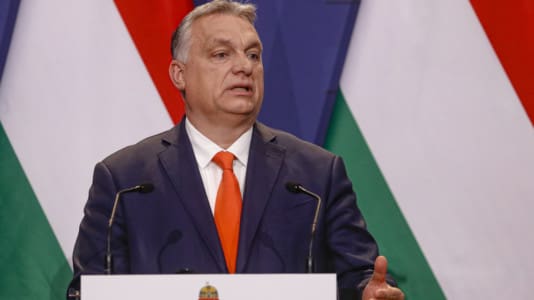With the number of people infected with the coronavirus in Germany breaking records day by day — nearly 180,000 new cases were reported on Wednesday — the government has left it to the parliament (Bundestag) to introduce mandatory vaccination for all.
After the Austrian government announced last year that all adults would have to take the vaccine against the coronavirus from February, Olaf Scholz, who had not even taken office at the time, also hinted that Germany will follow suit should he be elected.
By now it has become clear that, contrary to promises, the vaccination obligation will not be enacted by February, and it is now no longer certain whether this plan will actually be implemented at all.
On Wednesday, the Bundestag debated for the first time whether the entire population should be required to be vaccinated, whether mandatory vaccination should only apply to those aged 50 and over, or indeed whether the idea should be discarded altogether.
Considering the chancellor’s manifestations of epidemiology and foreign policy — but especially their absence of such — the international press is speculating whether Olaf Scholz, who stepped out of the shadow of previous Chancellor Angela Merkel, is at all suitable for the leadership position. The pan-European news channel Euractiv called the Social Democrat politician a “phantom chancellor.”
“Regardless of the Bundestag’s decision on the vaccination obligation, the Germans remain under the impression that their leader is fleeing as soon as the situation gets complicated. What may have far more serious consequences, however, is the fact that Scholz has presented this hidden policy on the world stage,” Euractiv wrote in an opinion piece, referring to Germany’s recent announcement that it would not supply weapon shipments to Ukraine.
“When the U.S. president does more to prevent war in Europe than the German chancellor, there is something wrong with German foreign policy,” Süddeutsche Zeitung wrote, adding that Scholz’s inaction has had a negative effect on transatlantic relations.
The public, meanwhile, complains that while electricity and gas prices are rising exponentially across the country, the Nord Stream 2 gas pipeline is still awaiting approval. A YouGov survey commissioned by the German news agency, DPA, found that 45 percent of those surveyed were dissatisfied, and even very dissatisfied, with the work of the government of the Social Democrats (SPD), Greens and Liberals (FDP) and only 37 percent were in favor of the traffic light coalition.
Similar results on Olaf Scholz’s work were shown by a January poll: only 33 percent of residents are satisfied with the chancellor, while 47 percent are dissatisfied.





